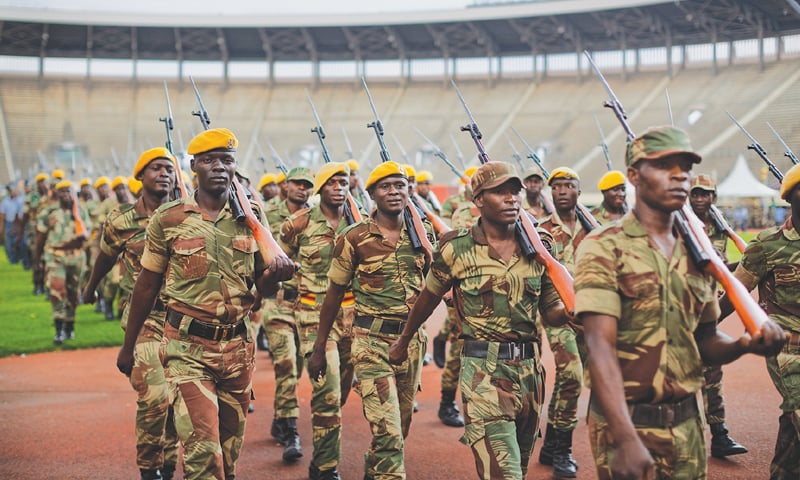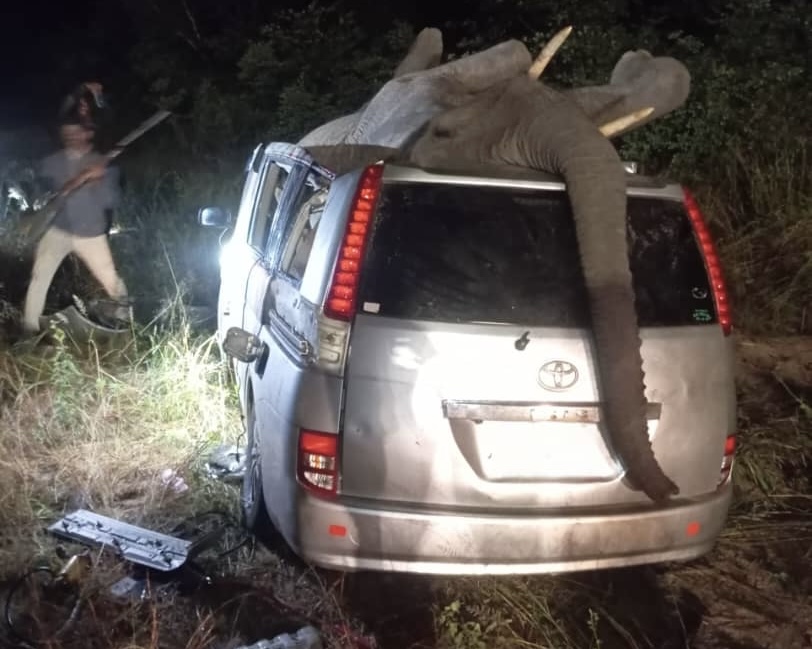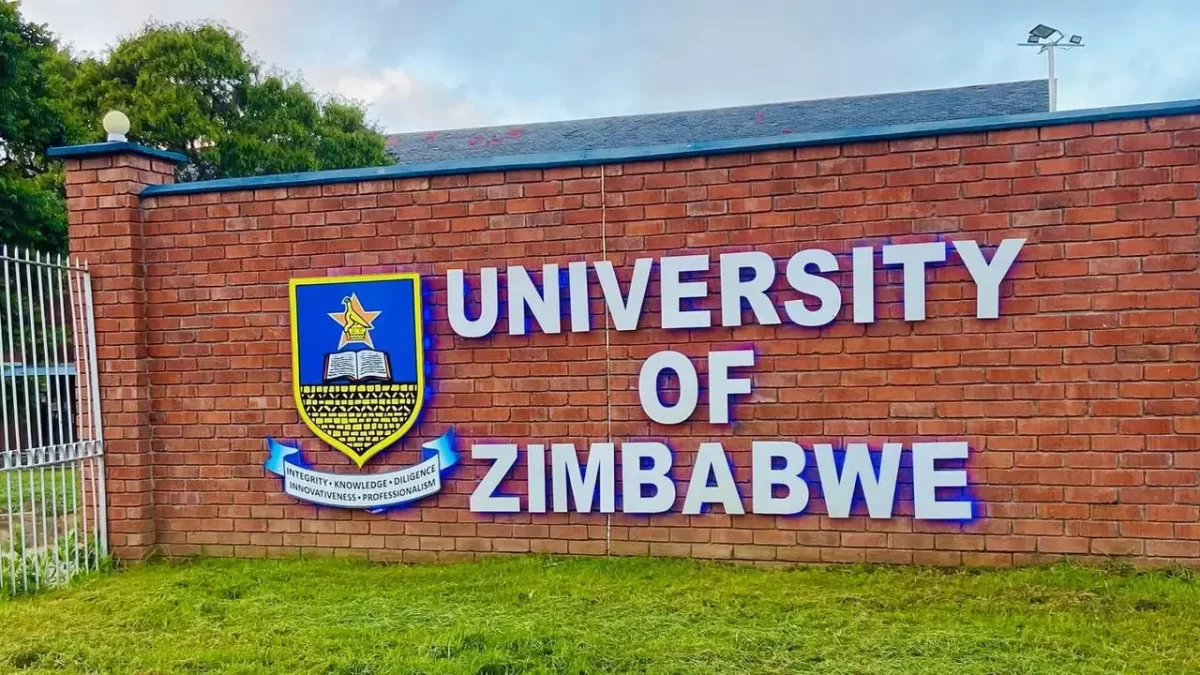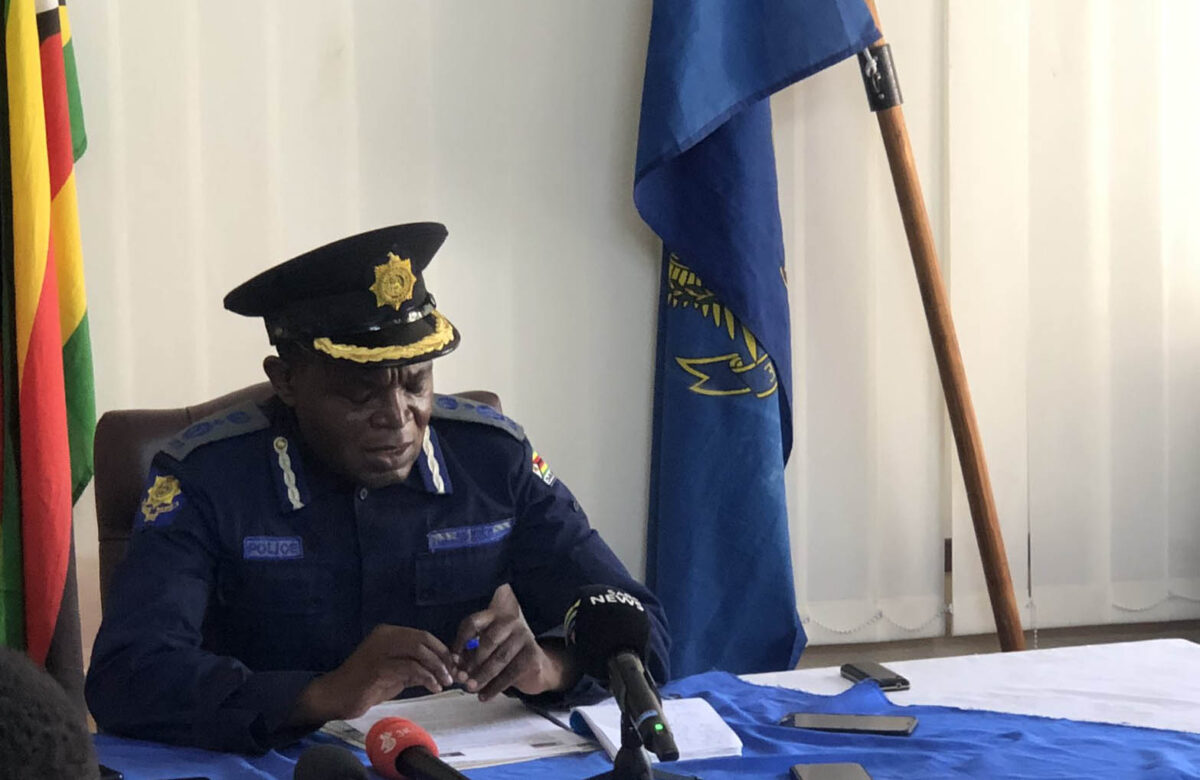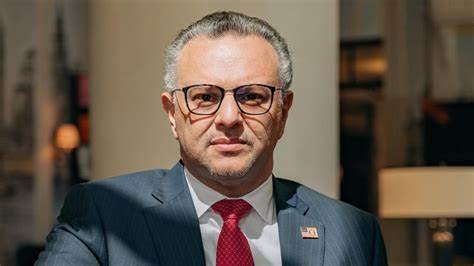MAPUTO, Mozambique – Mozambique has, after initial hesitance, signed an agreement allowing the immediate deployment of troops from the 16-member Southern African Development Community (SADC) to help fight an Islamic State-linked insurgency.
The regional bloc has been ready to deploy troops since a leaders’ summit in Maputo on June 23, but on Tuesday this week, South Africa’s defence minister Nosiviwe Mapisa-Nqakula told journalists that Mozambique had not signed the so-called status of forces document.
“If it’s not signed, it actually prevents the entire region from deploying soldiers. It has nothing to do with the perceived tensions between South Africa and Mozambique, if any at all,” she said.
On Wednesday, Mozambique reacted to regional unease which only grew after it welcomed Rwandan troops.
Defence minister Jaime Neto told Bloomberg that President Filipe Nyusi had okayed the deployment, and status of forces agreements were being delivered to the SADC countries. Deployments could start as early as Thursday, he said.
The natural-gas rich nation’s government was yet to officially notify the bloc of Rwanda dispatching troops, according to Stergomena Tax, SADC’s executive secretary.
“It is unfortunate,” she said by text message on Tuesday. “In line with SADC summit decisions, other deployments are to be in line with SADC guiding instruments, and this can only happen after SADC deployment.”
The European Union announced Monday that it will set up a military training mission in Mozambique to help the government tackle the Islamist insurgency and to protect civilians.
Mozambique, which has called on the EU for help, has been grappling with a rebellion in its northernmost province of Cabo Delgado since 2017. Violence has grown significantly in the past year.
EU foreign ministers took the formal decision at a meeting in Brussels although it was not immediately clear which countries will provide the necessary troops.
“The mandate of the mission will initially last two years,” the European Council, representing EU members states, said in a statement
Portugal already sent 60 soldiers to its former colony in May to run a four-month programme training troops to counter the insurgency, share intelligence and use drones to track militants’ movements.
EU foreign policy chief Josep Borrell has said that 200-300 personnel could be deployed to Mozambique by the end of the year.
Portugal is prepared to offer 50 percent of the manpower and will also provide the commander on the ground in Mozambique, where the violence has driven more than 700,000 people from their homes in Cabo Delgado.
The insurgency is blamed for 3,000 deaths and has halted Africa’s biggest private investment yet.
Mozambique had until now resisted allowing foreign armies to help battle the nearly four-year-old insurgency in the north, even as the extremist rebels seized key towns.
The government had previously bolstered its army with mercenaries, who struggled to contain the violence that has put at risk gas projects that the country is banking on to transform its economy.
In March, TotalEnergies SE froze work on its US$20 billion facility to produce liquefied natural gas for export after militants occupied a nearby town and killed dozens of people.
The SADC troops will join those from Rwanda, which is not part of the bloc and has already started sending 1,000 soldiers and police to Mozambique.

